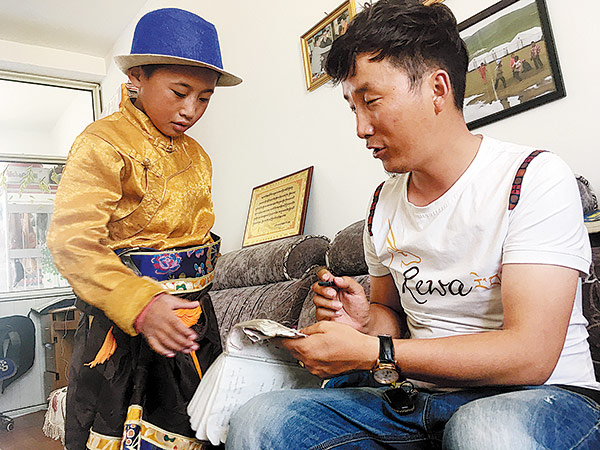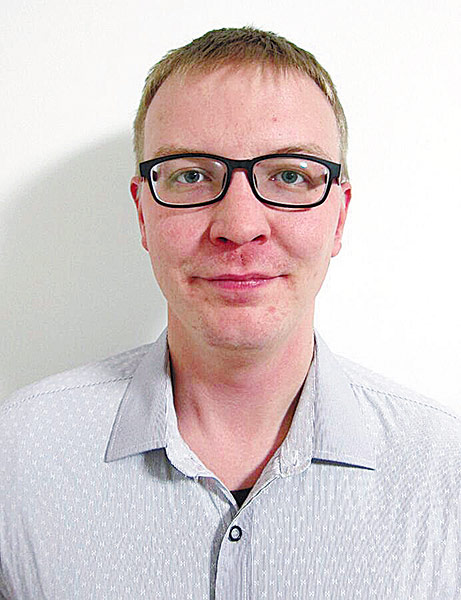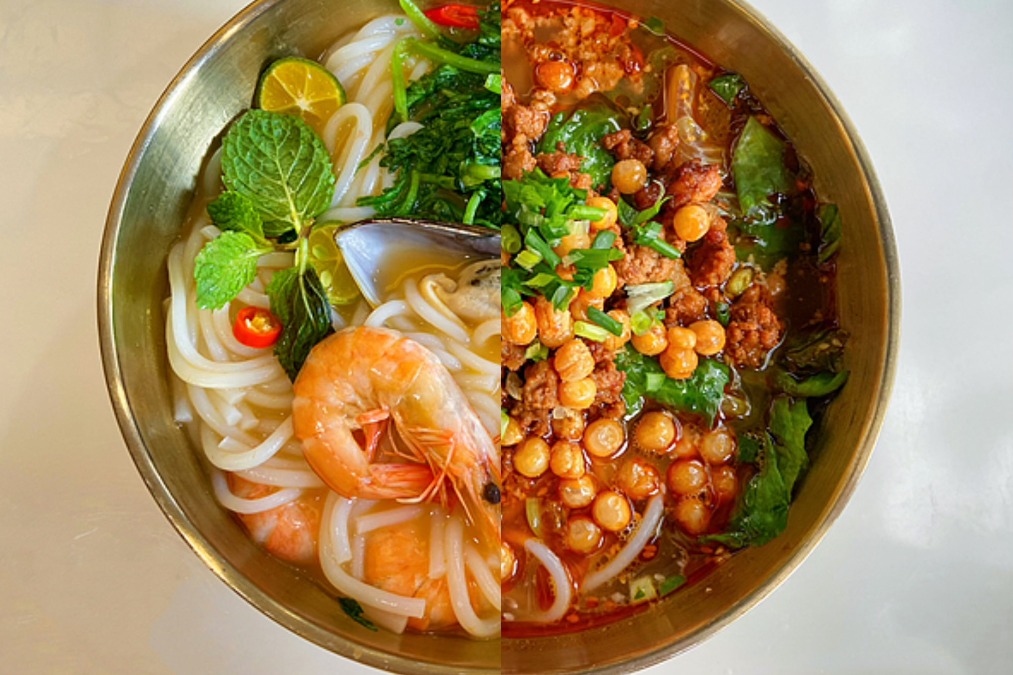Learning life lessons from rural teachers' wisdom


We were both searching for light-me from having spent much time in the Wenchuan quake zone and him from losing his father, whose last words were: "Be kind to others," and, "It's important to be smart, but it's more important to be wise."
We've since gone on to do dozens of other projects for thousands of children in Yushu prefecture's Qumarleb.
Tseringben's English is perhaps the best among the countless rural teachers I've met across China.
"Some foreigners came to my village when I was little, and a Tibetan guy could speak their language. I thought it was so cool! Other people thought it was just weird," he recalls.
"After middle school, I tried to learn English. I thought that if I spoke more languages, I could make more friends. But I didn't realize how much I could actually learn from talking with people from around the world."
He got up early to read the English dictionary before classes. One year, his parents splurged to buy him warm gloves as a luxury. To their dismay, Tseringben sliced off the fingertips so he could turn the dictionary's pages easily. He read the whole book.
He introduced English classes to Yege. Many parents there also found it to be "strange", if not useless, gobbledygook.
Upon graduating from university in Xining, Tseringben could have taken many cozy jobs throughout the region.
But remembering his father's legacy, he volunteered for placement in a school with the harshest conditions. "Even Yege's residents called it no man's land," he says.
Friends encouraged him to move to Qumarleb county's seat.
"But I'd promised Yege's parents I'd stay for at least three years," he recalls. "And when I saw the students' faces, I just couldn't leave them."
He did finally relocate downtown when his wife, Odkar Tso, moved to the area and became pregnant. She later sacrificed a chance to complete her PhD for free to stay in Qumarleb.
And after working in the education bureau for a couple of years, Odkar Tso resigned to become a middle school teacher, despite it being a career "downgrade". She realizes the value of the work instructors do in classrooms, dorms and homes, outside of meetings, offices and bureaucracies.
That said, since teachers often fulfill the roles of absent parents in such boarding schools, the couple sometimes struggles to take care of their own family.
Tseringben says: "If I only take care of my own three sons, I fail the students and thousands of parents. But if I ignore my own kids, I fail them as their parent."
Herding had been the way of life on this frosty lump of the Qinghai-Tibet Plateau since humans settled there. To many nomads, this "study" business seemed foolish or even crazy. But producing dairy, meat and money didn't.
Tseringben and other teachers and officials traveled thousands of kilometers off-road, from tent to tent, to persuade families to let their kids attend school.
If they disagreed, the educators held up ice tea bottles and asked them what was inside. When the parents couldn't read the labels, the teachers would ask, "Do you want your children to be able to?" It worked.
People may think rural teachers take their positions because they can't get "better" careers elsewhere. But many, like Tseringben and Odkar Tso, do it because, for them, it's the best job there is anywhere. Perhaps we could all learn from them.





































